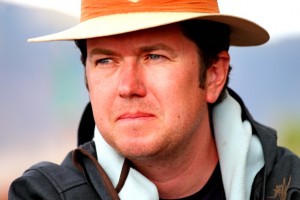Michael R. Sheehy is a meditation researcher and scholar of Tibetan Buddhism. He studies how meditation works in bodies and minds, cultures and ecologies, and intersubjectively. His work gives attention to how the generative, dynamic, and ever-evolving processes of contemplative practices are relevant to advancing discourses in the humanities, cultural psychology, and the cognitive sciences. Read More.
RECENT NEWS:
PODCAST : Neuroscience of Yogic Death
Podcasts, Research, Talks
This trialogue is the second in a series exploring the latest interdisciplinary research into tantric completion stage practices…
PODCAST: History, Diversity, and Modern Relevance of Dark Retreat
Podcasts, Research, Talks
Listen or watch the podcast, History, Diversity, and Modern Relevance of Dark Retreat David Germano and Michael Sheehy…
PODCAST: Somatics & Embodiment in Tibetan Yoga
Podcasts, Research, Talks
An interview on the Somatic Primer Podcast with guest, Bryson Newell. The discussion ranges from the body in…
